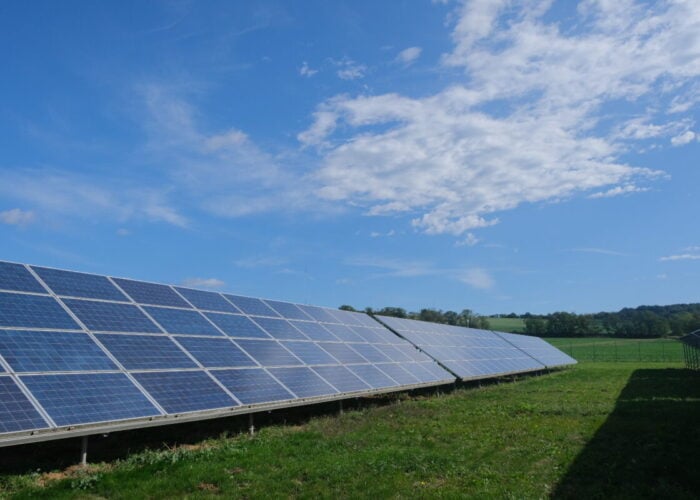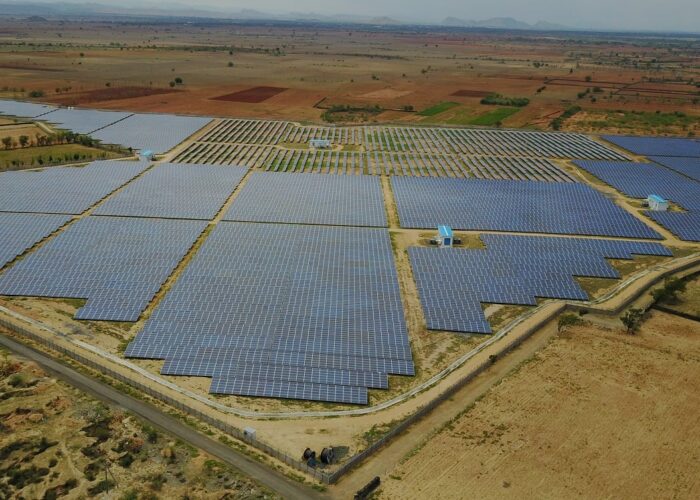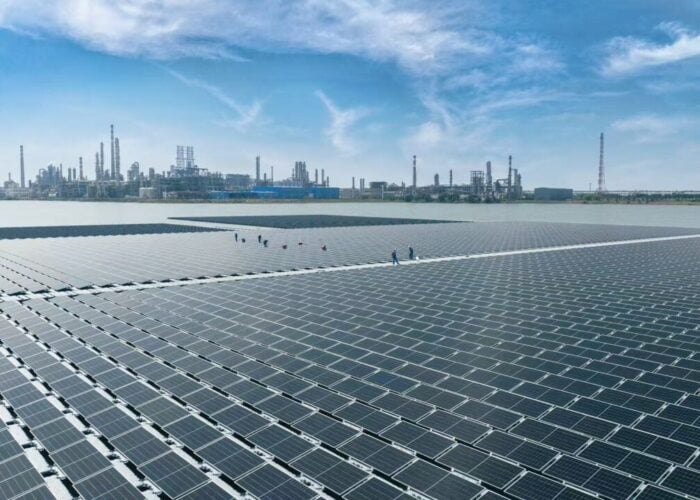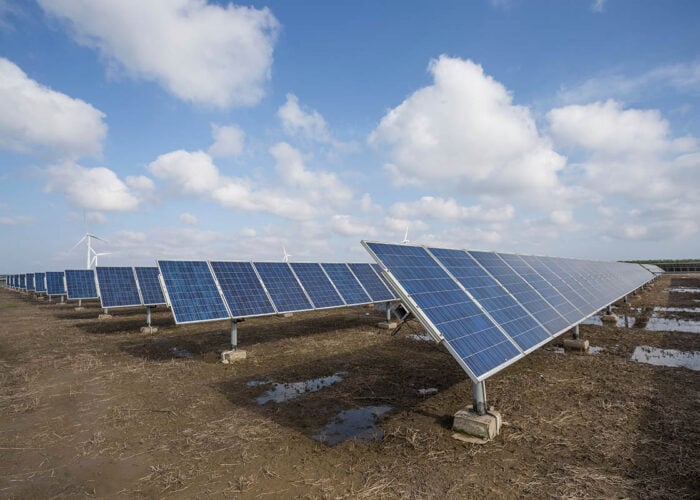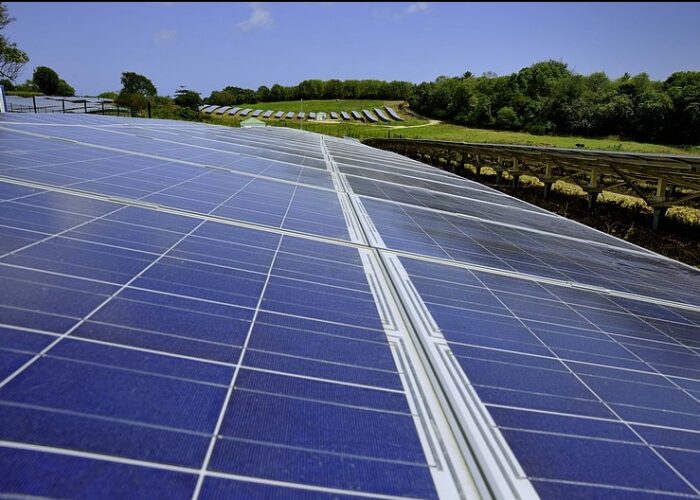The US department of commerce has invited the industry to help it define the full scope of the ongoing trade case against Chinese and Taiwanese PV products.
Preliminary findings in the latest case included Taiwanese products for the first time as it looked to close a loophole that enabled Chinese manufacturers to avoid duties imposed in 2012, by using Taiwanese cells.
Unlock unlimited access for 12 whole months of distinctive global analysis
Photovoltaics International is now included.
- Regular insight and analysis of the industry’s biggest developments
- In-depth interviews with the industry’s leading figures
- Unlimited digital access to the PV Tech Power journal catalogue
- Unlimited digital access to the Photovoltaics International journal catalogue
- Access to more than 1,000 technical papers
- Discounts on Solar Media’s portfolio of events, in-person and virtual
Now the scope could be extended to include cells made in any third party country, that then form part of Chinese modules.
In new documentation published on Friday, the DoC asked interested parties to comment and suggest edits on the below proposed scope:
“For the PRC investigations, subject merchandise includes all modules, laminates and/or panels assembled in the PRC that contain crystalline silicon photovoltaic cells produced in a customs territory other than the PRC.
“For the Taiwan investigation, subject merchandise includes all modules, laminates and/or panels assembled in Taiwan consisting of crystalline silicon photovoltaic cells produced in Taiwan or a customs territory other than Taiwan. In addition, subject merchandise will include modules, laminates, and panels assembled in a third-country, other than the PRC, consisting of crystalline silicon photovoltaic cells produced in Taiwan.”
The investigation would still exclude products covered by the 2012 duties.
In September, Japan's Kyocera asked the DoC to exclude its modules that are made from Taiwanese cells and then assembled in Mexico for sale in a number of countries, including the US. This factory would appear to be included in the proposed scope.
ReneSola has benefitted from a having original equipment manufacturer arrangements in multiple territories and does not make cells in China or Taiwan. Asked two weeks ago about the Kyocera request, ReneSola said it was not concerned.
“Our cells are not manufactured in China or Taiwan. Our focus continues to be on how to best serve our customers with the highest quality of products on a global level. We are closely monitoring the trade case in the US and strongly support negotiation between the US and China to resolve the issue,” Kevin Chen, ReneSola’s president of Americas told PV Tech by email. “ReneSola’s global-centric OEM strategy has insulated our company and our customers from the trade case,” he added.
Even given the possible scope described by DoC above, which would include any Chinese-assembled module regardless of where the cells are produced, ReneSola would appear to remain insulated.

